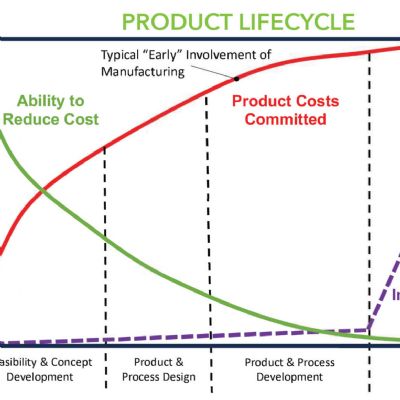 Irv Blackman
Irv BlackmanTo Be or Not to Be an S CorporationThat is the Question
September 1, 2011Comments
Are you a closely held business that operates as a C corporation? If so, this is must reading. If you are an S corporation, chances are you will learn one or more tax tricks here to enrich you or your family, rather than the IRS.
To start, burn this into your mind. There are only three good reasons to be a C corporation:
1) Your taxable profits are, and are likely to remain, under about $125,000, and you need the after-tax dollars in the corporation to maintain growth or pay down debt;
2) You use the C corporation as a vehicle to gain the benefit of deducting your health insurance or long-term care premiums;
3) You have carry-forward losses or other tax credits that would be lost if you make an S election.
Here’s a list of the pros and cons of staying a C corporation or electing S corporation status (Note: nine of 10 corporations enjoy tax advantages by being an S corporation.)
Why you may not want to be an S corporation:
1) Probably would pay more income tax in current year as an S corporation. C corporations only pay 15 percent in income tax on the first $50,000 of net profit, and 25 percent on the next $25,000. But remember, when you’re ready to retrieve those after-tax dollars out of your C corporation, you will be double-taxed. And, consider the top individual rate and the C corporation rate are currently the same—35 percent.
2) Health-insurance premiums for shareholder/employees and their families are not fully deductible.
3) Long-term care premiums for shareholder/employees and their families are not fully deductible.
4) Any assets owned as of the date of the S election are subject to the Built-in-Gains Tax (a whopping 35 percent) if sold within 5 yr. after the election. (This tax is easy to avoid.)
5) Use of a fiscal year is either not available or impractical. Usually forces a December 31 year-end (rarely a consideration).
6) The accumulated C corporation earnings would be permanently frozen at the date of the S election. Not a real problem, since those earnings are typically frozen.
7) Life-insurance proceeds cannot be distributed from an S corporation until all S corporation and prior C corporation earnings have been paid out. (A corporation–C or S–should not own life insurance in the first place.)







 Podcast
Podcast
 Webinar
Webinar